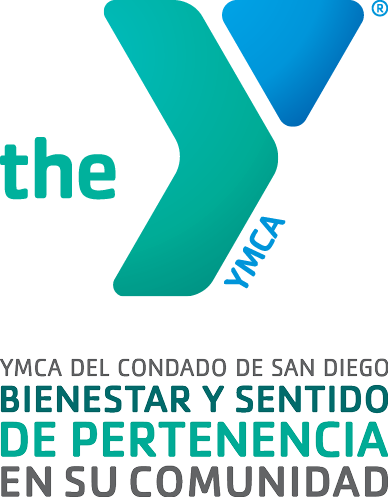As a registered nurse at Kaiser Permanente, Melissa Villegas is accustomed to solving problems, but COVID-19 brought her face-to-face with a challenge she couldn’t face alone – child care.
With her 11-year-old son’s school closed and family friends no longer able to care for her 18-month-old daughter, Melissa made the difficult decision to go on unpaid leave from the hospital until she could find and pay for child care for her children. That ended up lasting the entire month of April.
“My schedule changes every week,” she explained. “Not many providers were able to accommodate an inconsistent schedule.”
And even if she had been able to find care that met the demanding health care worker’s schedule, there was the not-so-small matter of paying child care – which can cost San Diego residents as much as $16,000 per year for full-time infant care.
Melissa’s experience isn’t unique – working parents, particularly mothers, across the country make the difficult decision to sacrifice their work until they can find reliable care for their children. And when COVID-19 hit, the crisis became more urgent as essential workers needed child care to continue protecting our community.
“Just having someone reliable and knowing my kids are in a safe home and that they’re having meals provided and are happy makes a big difference.”
The urgency for child care during COVID-19 made its way all the way to the State capital, and on April 10, Governor Newsom directed $50 million in state funds for limited-term child care vouchers for essential workers and at-risk populations.
Melissa jumped at the chance and worked with a YMCA Childcare Resource Service consultant who helped her navigate her options and find the provider that fit her needs. Within seven days of applying for funding, she was dropping her kids off at a family child care home near her house and on her way to work.
“If I didn’t have this child care, I probably would have cut my hours,” she said. “I would’ve had to take a pay cut.”
Instead, Melissa is back at Kaiser Permanente, helping her colleagues on the front lines of a global health crisis.
“I drop off my kids around 5 a.m., and I’ll usually pick them up around 8 p.m.,” she said.
With such a demanding schedule, a caring child care provider is critical. Luckily, Melissa’s search with the YMCA connected her with a provider who was willing to support health care workers with long schedules.
“It’s nice to have the support because it’s a time of uncertainty. As an essential worker, I fear going to work sometimes,” she said. “Just having someone reliable and knowing my kids are in a safe home and that they’re having meals provided and are happy makes a big difference.”


